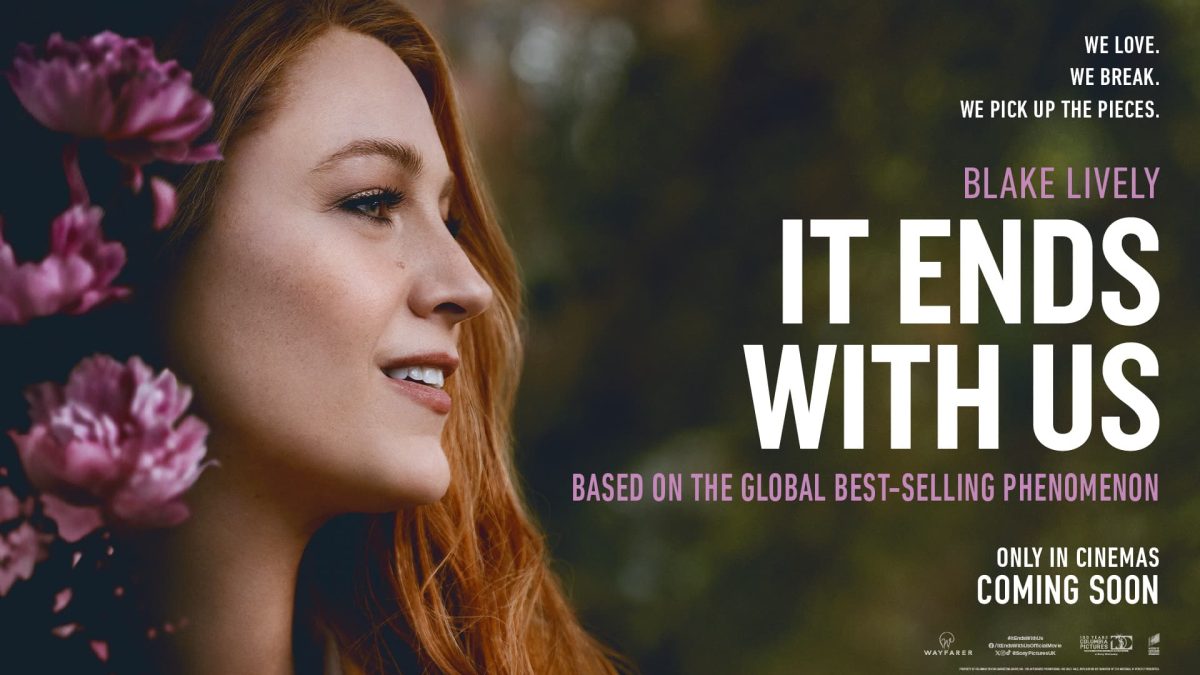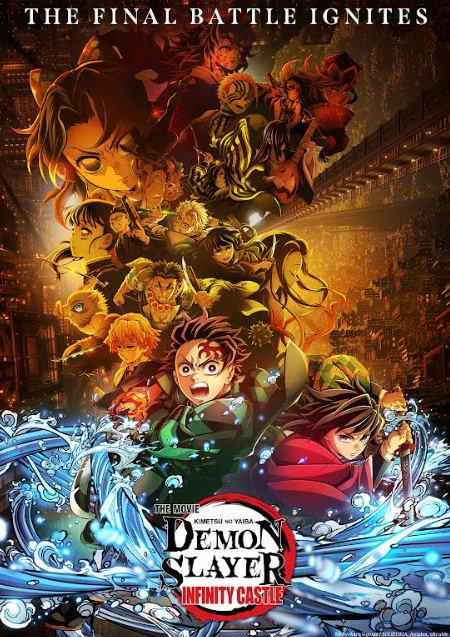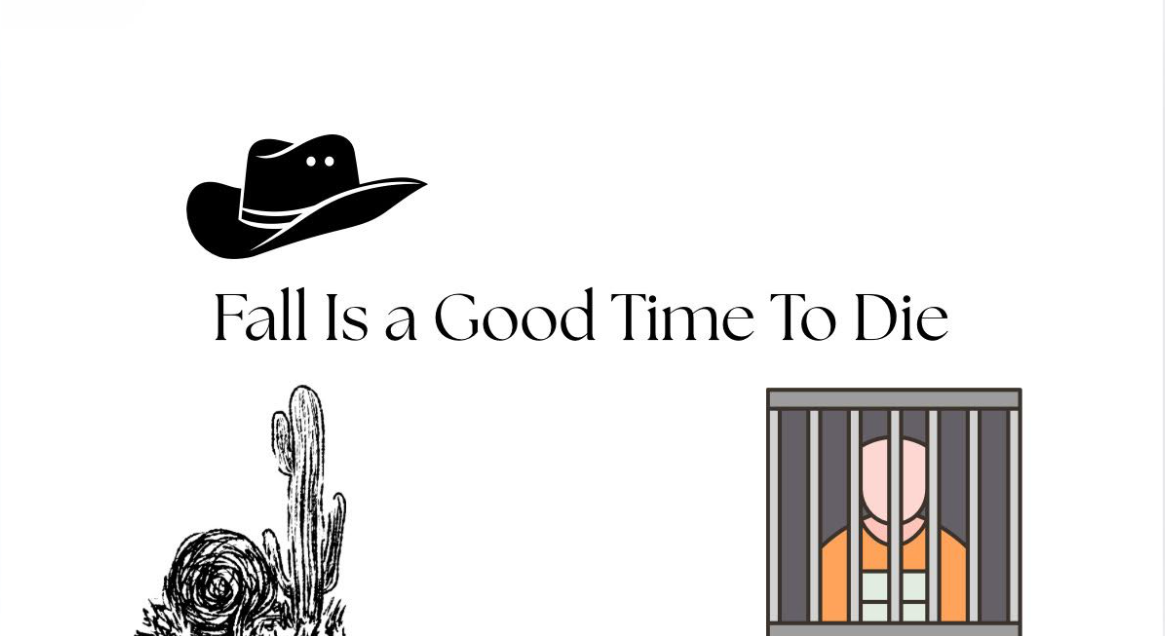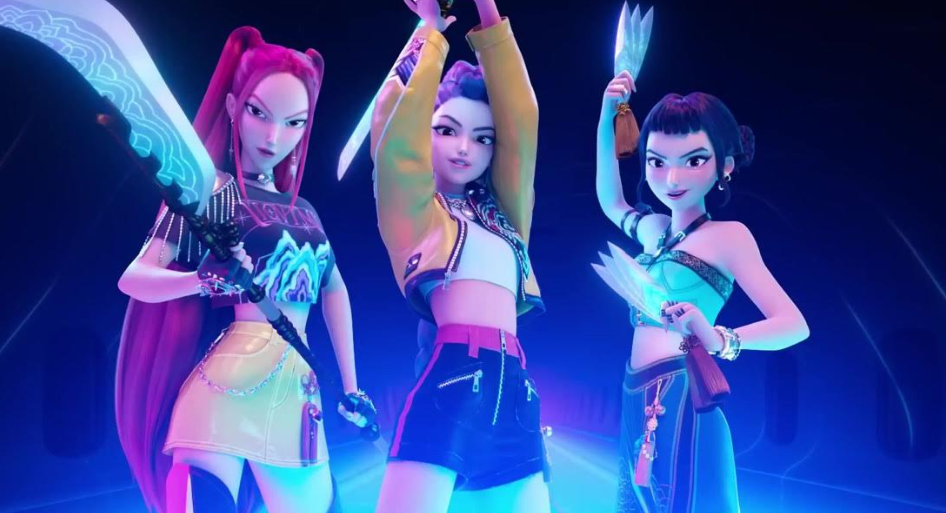If anything, Colleen Hoover’s works have always been controversial. It Ends With Us is no different. While the goal of this film was to bring awareness to domestic abuse and how it can present itself, it continues to make the mistakes that the novel it was based on fell victim to. From the romanticization of the abuse to the messy portrayal of Lily Bloom’s character, It Ends With Us is one of the worst attempts at awareness a film can portray.
Directed by Justin Baldoni, It Ends With Us is a drama set in Boston that explores the abusive relationship between Lily Bloom, played by Blake Lively, and Ryle Kincaid, played by Baldoni. Adapted from Hoover’s “worldwide sensation” of a novel, the movie attempts to bring awareness to the very real issue plaguing modern relationships. It’s obvious that in the effort to support domestic abuse survivors and stories, It Ends With Us, does the opposite.
While Baldoni’s efforts to take the film in a respectful direction are apparent, the invasion of Hoover’s influence was too great to make any ground. With past projects like Five Feet Apart, Baldoni is known for his excellence in directing. However, when all pieces of the film are at war, one great director can’t outway the mess that was this film.
When displaying a topic as particular as domestic abuse, it’s important for research and preparation to take place. While the scene between Lily and Allysa, played by Jenny Slate, where Lily tells Allysa about the abuse was heartfelt, most of the film lacked empathy. The few scenes that shined were when Slate and Lively were together. However, the pipeline with Lily’s high school lover, Atlas (Brandon Sklenar), that was supposed to represent the person who sees the abuse from the outside, only acted as another man pining over her.
Instead of providing comfort to Lily, Atlas’ character pined, acting like a puppy without a master. There was little modern connection between the two characters, and Lively and Sklenar had no sparks between each other. It was hard to understand how after over ten years without each other, Atlas hadn’t moved on with his life. The obsession over Lily didn’t provide a safe-haven from the abusive relationship she was in, instead trading one prison for another.
It was obvious that Hoover took some of the criticisms she received after the publication of the original novel and ignored them. In an attempt to reconcile the plot holes, Lily, Atlas, and Ryle were aged up. Yet, this change left a confusing atmosphere, as the behaviors that worked for younger characters in the novel felt juvenile and unprecedented.
From the camera angles to the presentation of the abuse, the relationship portrayed between Lily and Ryle did more harm than good. While the attempt was to show how initial responses to a relationship could change in an instant, the relationship between the two was just triggering. It wasn’t executed well, and the scenes depicting the actual abuse felt insensitive. Baldoni did an excellent job with his character, but his performance wasn’t the issue. The production of the scenes felt romantic, when they should’ve been condemning the behavior on screen. From the “TikTok” romance music to the marketing of the film, it all appeared as if It Ends With Us was a simple romance.
While it was important for Ryle’s character to be charming and charismatic, his fall from grace had no impact. It was a case of telling, not showing. Baldoni’s source material proved to have no sustenance to work with, leaving his character redeemable in a case where he shouldn’t have been.
Film is meant to serve a purpose. It Ends With Us was a lazy and half-hearted attempt at bringing awareness to a very real issue. Domestic violence and abuse is a subject of conversation that deserves respect when discussed and represented. It was obvious that Hoover and her team failed in every regard possible. Baldoni’s attempts at saving the nightmare of an awareness were obvious, but held no avail. While better at portraying domestic violence than its source material, It Ends With Us is a harmful film intended to make a profit rather than bring light to the subject of discourse.









